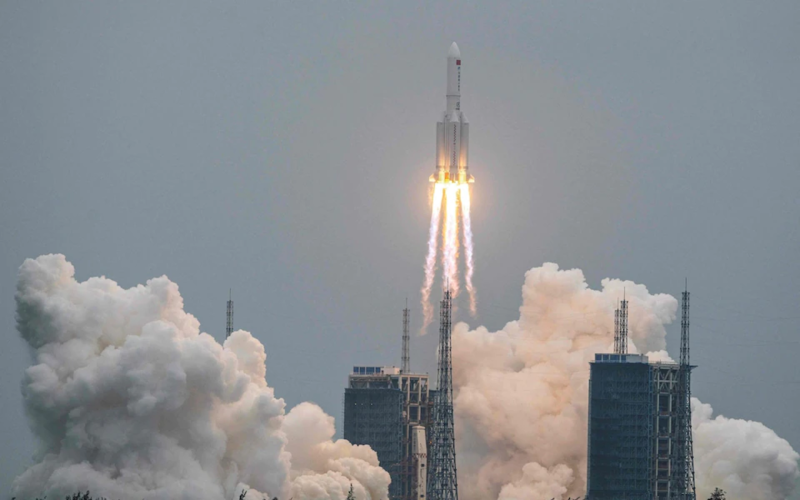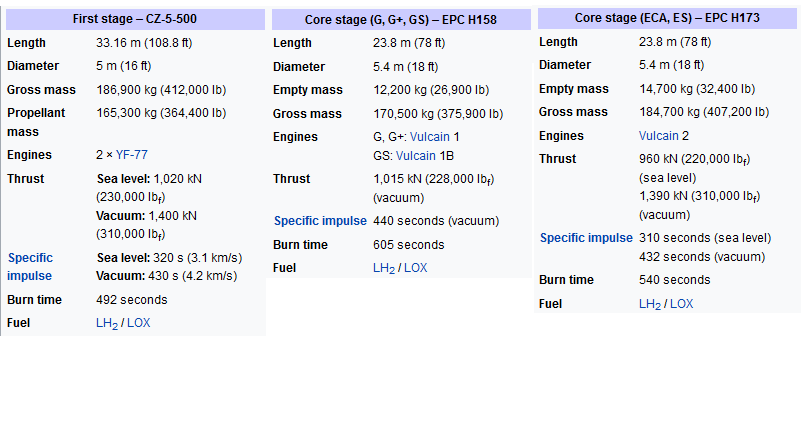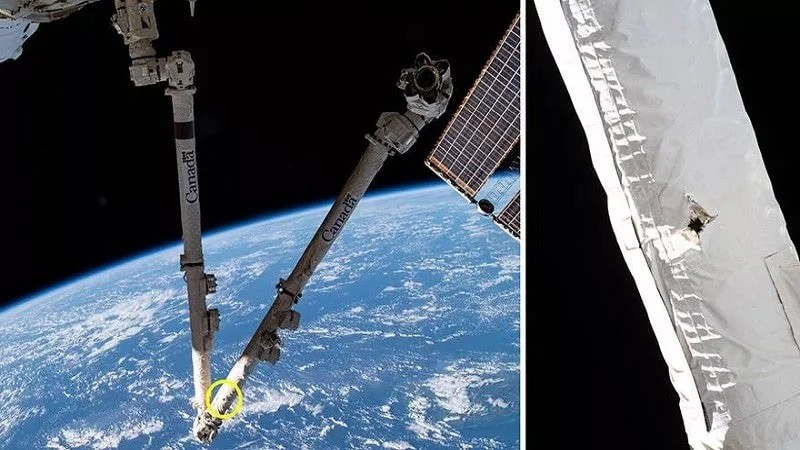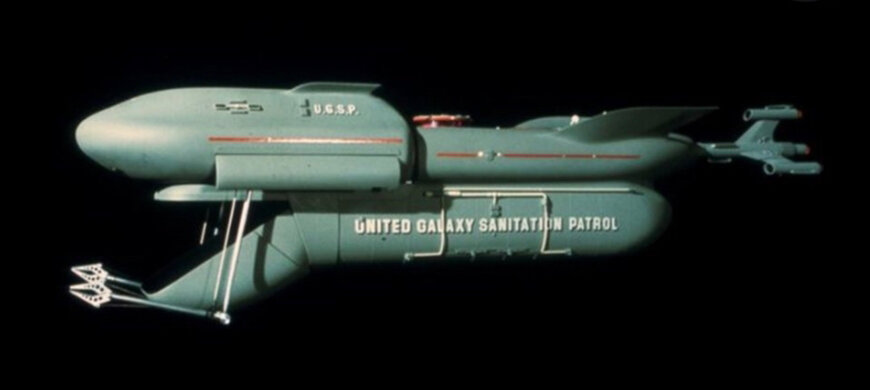Is space junk illegal?
Technically, no. There’s no law that forbids pieces of rocket from crashing to Earth’s surface. But there are rules that dictate who is responsible when it comes to damage or injury from space junk.
According to Christopher Johnson, the space law advisor for Secure World Foundation, there are two key articles that explain this: the 1967 Outer Space Treaty and 1972 Space Liability Convention. The Outer Space Treaty defines what international players are legally allowed to do in space, and the Liability Convention elaborates on who’s responsible for space objects that cause damage or harm.
“Liability for damage is not a finding that the state has somehow broken the law, but merely that it is answerable for the damage that results,” Johnson says, “and that a binding duty to pay compensation for that damage now exists for that state.”
Many countries—including the U.S., much of Europe, and China—have accepted the terms of the Liability Convention. This means that hypothetically, if part of this particular Long March 5B rocket caused damage in one of the countries signed onto the Liability Convention, that country could choose to invoke it and hold China financially responsible. That’s all theoretical; in reality, it’s not that simple.
Michael Listner, founder and principal at Space Law & Policy Solutions, says that invoking the Liability Convention is a political decision rather than a legal one.

This Is What Legally Happens If An Uncontrolled Rocket Damages…
Space lawyers explain what happens if an object from something like debris from a rocket causes damage or harm.
 www.planetary.org
www.planetary.org























